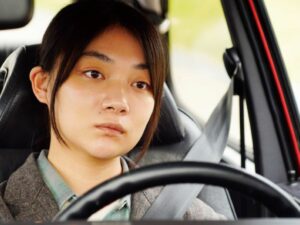Ryûsuke Hamaguchi’s Drive My Car is a pensive tale of a popular theater actor-director Yusuke Kafuku (Hidetoshi Nishijima), who discovers a secret about his dead wife that helps him evolve as an artist. Adapted from Haruki Murakami’s 30-page short story, the nearly 3-hour long drama is a meditative study matching the mood and manner of the original text. The filmmaker deserves praise for his simplicity of treatment in the delineation of urban life with a genuine feel for human values and relationships.
The film unravels the messy and complicated lives of its various characters. Amidst their imperfectness, these characters try to stay afloat in a variety of ways. They carry an air of optimism despite their failures and eventually find a sense of hope. Drive My Car premiered at Cannes last year where it won the Best Screenplay award. Since then it has been a triumphant journey for the film winning several other awards, including the prestigious Golden Globe for Best Foreign Film.
Here are 9 films to watch if you liked Drive My Car:
1. Oasis (2002)

In Korean writer-director Chang-Dong Lee’s Oasis, we meet a young man Hong Jong-du (Sol Kyung-Gu) who has been charged with several incarcerations and has nowhere to settle and a young lady Gong-ju (So-ri Moon) suffering from cerebral palsy and abandoned by her family. Fate brings the two souls, neglected by society, together for a touching tale of compassion and resilience.
The two principal characters never fully grasped the rules governing social interactions and communication. They can’t synchronize with the rhythm of the rules and regulations on which society wants them to operate. Hence they find solace in each other’s company. The filmmaker has displayed his acumen by realistically depicting the psychological dialectic of the characters. The witty and intelligent handling of the conflicts and convictions of his characters enables viewers to root for these people. He provides a deceptively sharp commentary on the narrow social slots people are expected to occupy and how those who deviate can invite bafflement, fear, or anger in others.
2. 3 Iron (2004)

In 3 Iron, Tae-suk (Jae Hee Song) is a young drifter who prefers to exist as a homeless person and sneaks into the homes of strangers. One day, he tiptoes into the house of a beautiful lady Sun-Hwa (Lee Seung-Yeon), who has been the victim of domestic violence. This strange encounter results in a psychologically thrilling relationship that is both confounding and captivating.
The film is a poetically charming enquiry into the nature and meaning of love. The importance of tenderness and the pain it causes to those unaccustomed to it is vividly portrayed. The characters’ emotional and moral problems freely oscillate between pathos and romantic thrills. The filmmaker makes a profound indictment on a modern, numbed and pitiless society. The performances by the two leads are phenomenal and compel us to feel their fears and frustrations. It is a love story of two individuals who have been betrayed by their expectations from life.
3. Talk to Her (2002)
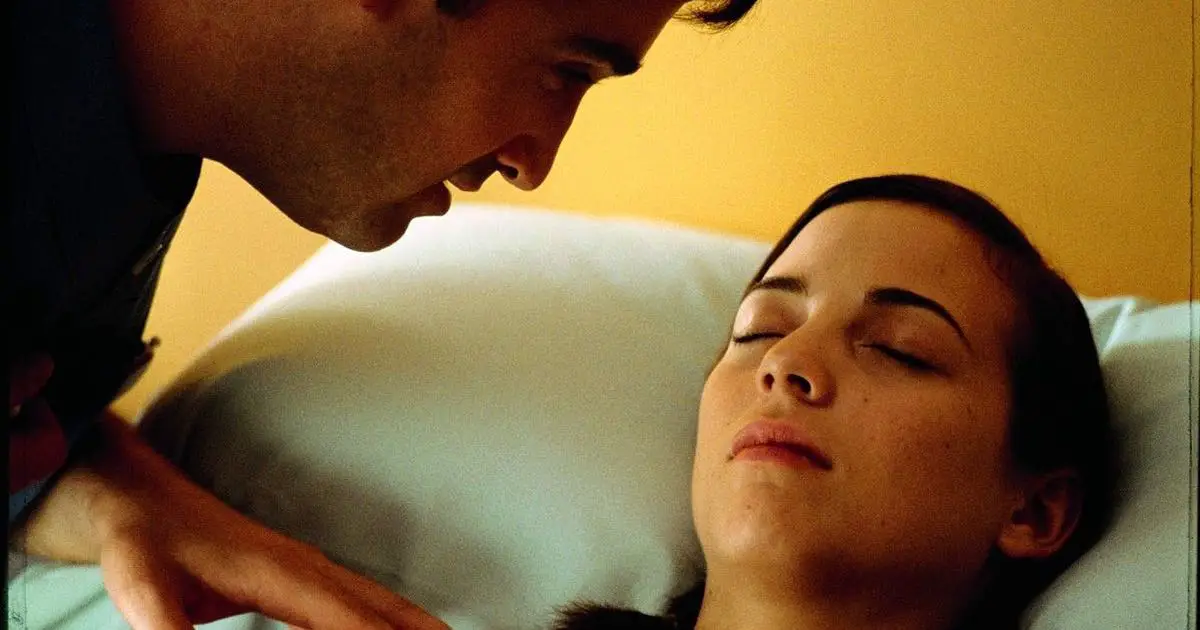
In Pedro Almodovar’s Talk to Her, Benigno (Javier Camára) is a male nurse, who is infatuated with Alicia (Leonor Watling), a dancer, who he watches regularly from his apartment. One day Alicia is injured in an accident and admitted to the hospital where Beningo works. At the same time, Lydia (Rosario Flores), a well-known female bullfighter is gored and admitted to the same ward. Marco (Darío Grandinetti) is a journalist who was assigned to interview Lydia and visits her regularly. A bond develops between Marco and Benigo and parallelly a subtle story of love set against the unique canvas of hospital wards unfolds.
The film evocatively explores the issues of sexual identity and love, loss and detachment, nostalgia and fate. The characters in the film are incapable of emotional honesty, battling alienation and existentialism. Naturalistic performances and Alberto Iglesias’ soulful music bring out the gentle emotional suffering of the characters and how they overcome them. The ending of the film is heartbreaking yet ultimately uplifting.
4. Climates (2006)
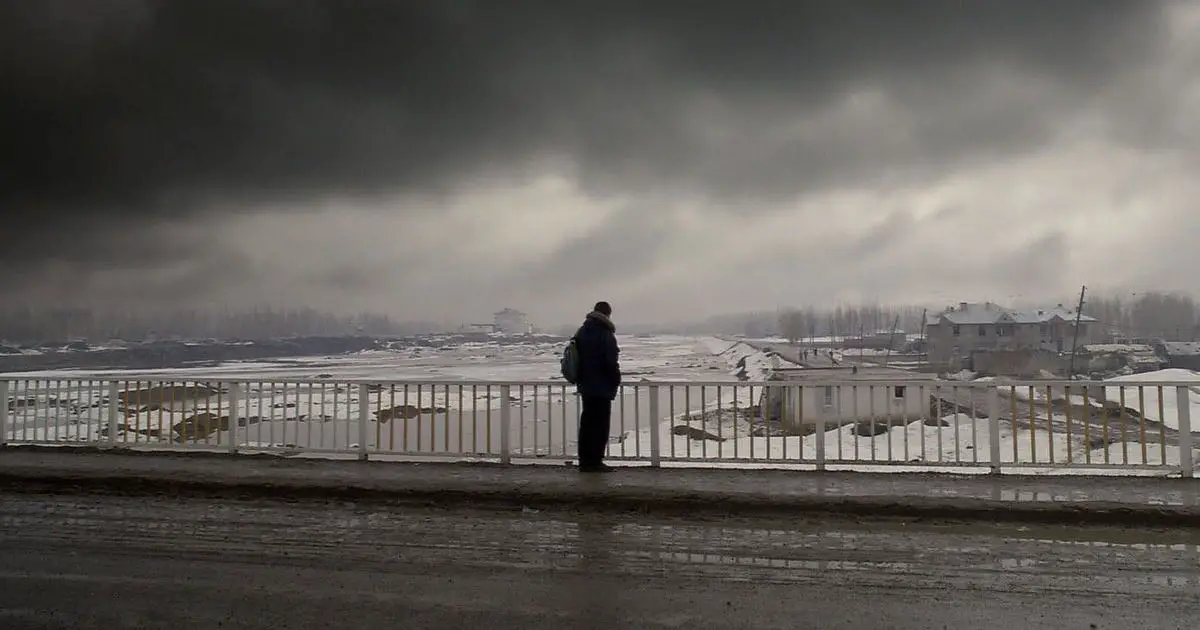
Isa, a college professor and Bahar, a gorgeous woman working in the film industry are in a complex relationship in Climates. The film begins with the couple on their summer vacation. They have unanimously decided to end their relationship and move ahead in their life. But their decision to separate creates emotional repercussions. Both soon realize that they should make another attempt to restore the lost zeal of their relationship.
Nuri Bilge Ceylan brings a fascinating tale of ennui and longing with an extraordinary eye for imagery. The treatment of the film is such that it blurs the lines between right and wrong and successfully taps into the emotional and moral essence of an ongoing crisis. The filmmaker tenders no facile explanations or resolutions to this tale. He rather invites the viewers to analyze what had made the life of this once happy couple so downhearted.
5. Mademoiselle Chambon (2009)

In Mademoiselle Chambon, Jean (Vincent Lindon) is a mason who lives happily with his wife and son in a quaint provincial French town. He is content until he meets his son’s charming violin teacher Véronique Chambon (Sandrine Kiberlain). Jean can’t help but fall in love with her exquisite, polished appearance. Their mutual interest in music strengthens their bond. Conflict arises when Jean must make a decision to spend the rest of his life with the violin teacher.
Lindon and Kiberlain construct their performances not out of grand gestures, but countless subtle moments of growing love. The dragging silences, stares, laughs, confused eyes acquire meaning and reveal things about their deepest thoughts. Filmmaker Stéphane Brizé achieves a striking realism. The beauty of the landscapes surrounding the characters stands in perfect contrast with their perplexed personalities and inner lack of peace.
6. Tyrannosaur (2011)

In British actor Paddy Considine’s debut Tyrannosaur we meet Joseph (Peter Mullan), a short-tempered alcoholic with a violent history and a religious shop owner, Hannah (Olivia Colman), a victim of an abusive marriage, for years. One day Joseph gets into a fight where he is injured. He takes shelter in Hannah’s shop, where he insults her for strong religious beliefs and her desire to help others. Later, a bond develops between the two and we follow the story of how two lonely, damaged people were brought together by circumstance.
Tyrannosaur is powerful in how it portrays a broken relationship through its heavy silences and eerie atmosphere. Centered on a distasteful couple and their subsequent attempts at reparations, it’s a brilliant reflection on solitude and its unnerving companionship with the human condition. With a penchant for capturing painterly exquisite images and crafting unique character traits, Tyrannosaur is an emotionally complex work.
7. The Past (2013)
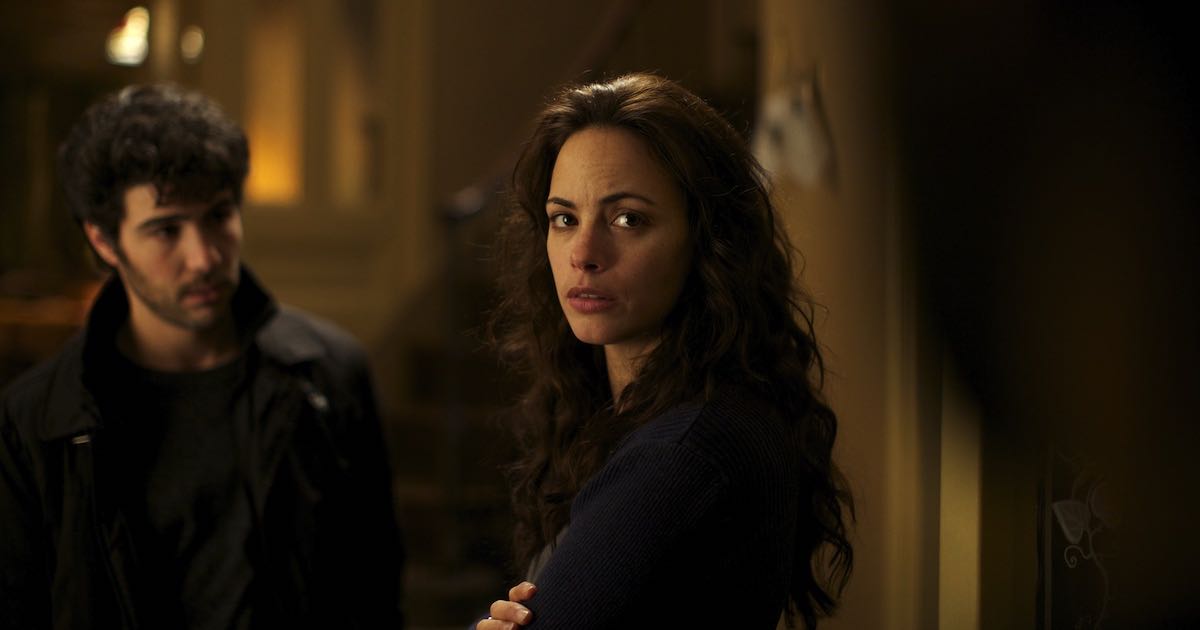
In The Past, an Iranian man Ahmad (Ali Mosaffa) returns to France to finalize his divorce and finds that his estranged wife Marie-Ann (Bérénice Bejo) has a lover Samir (Tahar Rahim). What follows next is a moving human drama. A woman is caught between two men, three children and several complicated situations expose the vulnerability of all the characters surrounding her.
Asghar Farhadi relies on loneliness and misunderstanding as motifs to narrate this tale about a family that crumbles under pressure due to some unforeseen circumstances. The three principal characters want to gather meaning in their relationship but they feel too far away from one another, listen too little and love too little. The filmmaker meticulously explores this existential crisis through the eyes of these people who cannot communicate their inner self despite being so close. The treatment of the film strongly helps in redefining the ethos of a fractured family in changing social circumstances.
8. The Woman Who Ran (2020)
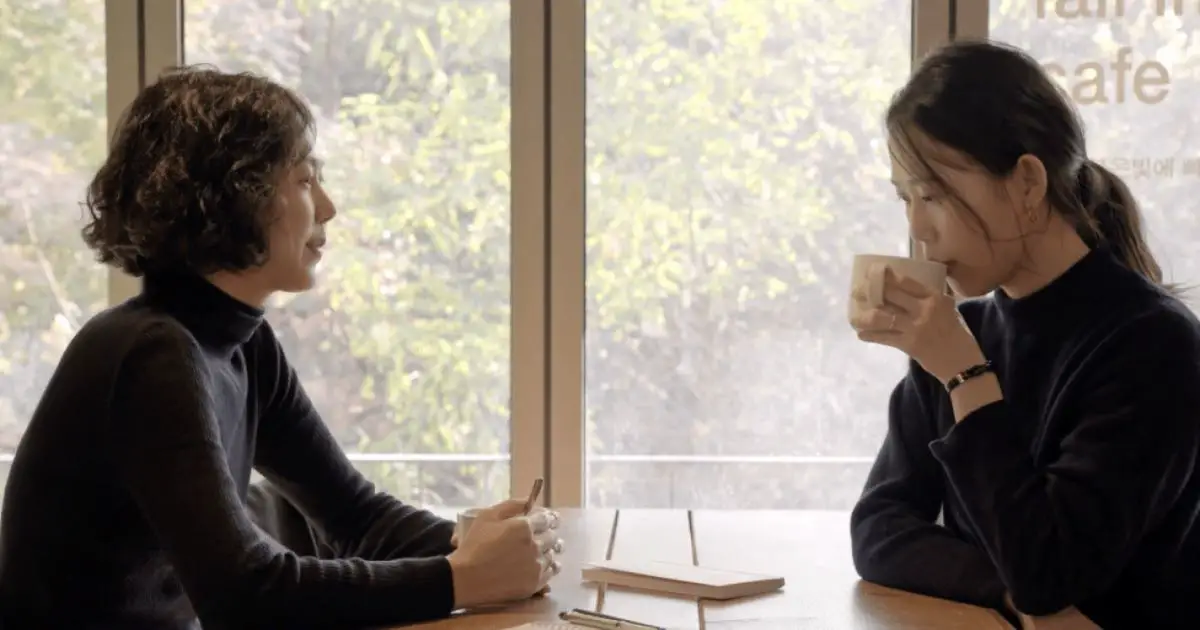
Korean filmmaker Sang-soo Hong’s The Woman Who Ran is set in the city of Seoul. Gam-hee (Kim Min-hee) decides to meet three of her friends residing on the fringes of the city when her husband is on a business trip. Gam-hee’s encounter with her friends does not prove to be a pleasant experience. Through their conversation we discover a vacuum has developed between the friends. The characters in the film are presented as wayward souls trying to keep themselves afloat in a very familiar society shrouded by isolation.
Sang-soo Hong directs the film beautifully, always keeping the camera on exactly what needs to be seen within the frame. The narrative design of the film is aesthetically rich and radiates a sense of warmth evoking our emotions. The detailed script is full of hard laughs that are so closely woven with the theme of sadness that we can hardly call it a comedy. It is a subtle meditation on livelihood, the beauty of freedom and the sense of coping with the realities of life in an unforgiving city.
9. Wheel of Fortune and Fantasy (2021)
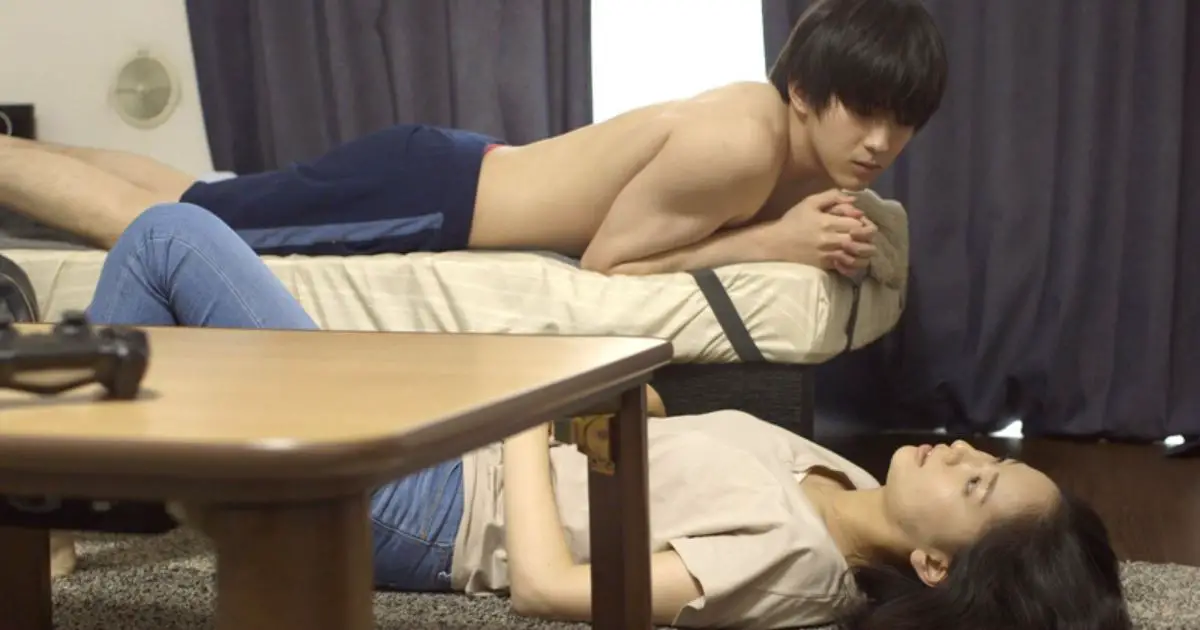
Wheel of Fortune and Fantasy is an anthology film connected with three thematically connected short films depicting the lives of a model, a college student, and a middle-aged woman and their unexpected and strange encounters. Each short segment builds up the rhythm of the anthology with consummate ease and keeps us hooked.
All the characters in the film are lonely figures dragged through the ever-changing climate of their inner selves in pursuit of happiness that no longer belongs to them. An ocean of repressed sentiments keeps them apart. A void of misunderstanding prevents them from elucidating their mishaps as they fail to acknowledge what they’re doing wrong. They accept their futile excuses with open arms. Filmmaker Ryûsuke Hamaguchi vividly portrays the emotional and moral problems faced by these characters with warmth and compassion. As these characters engage in conversations we realize that their principles are tested and their friendship with others are not what they appear.
Conclusion
The loneliness we feel with the ones we love is indescribable and the characters in each of these films undergo a state of perplexed emotional crisis. They are spiritually adrift and psychologically confront the ennui, alienation, apathy and existential crises within their lives. The inexplicable nature of love, moral ambivalence, and fragility of modern behavior are some of the themes that these films touch upon. While exploring the complexities of desire, longing and connection, the films don’t provide satisfying or easy answers to the mysteries of the human psyche. That is what makes these films worth a watch.
